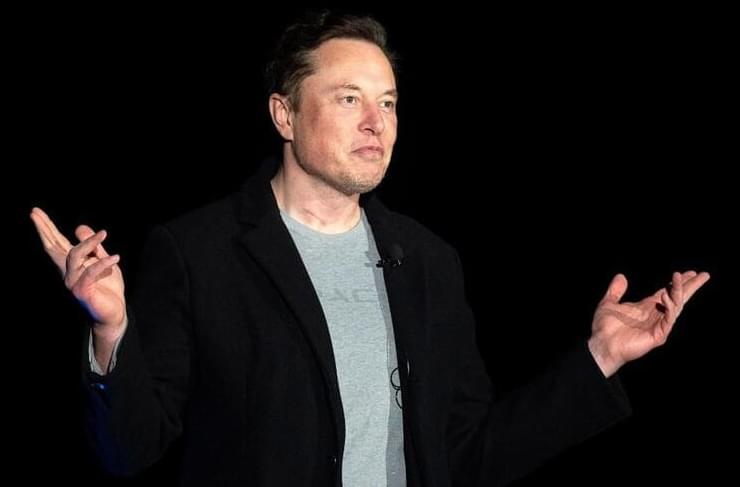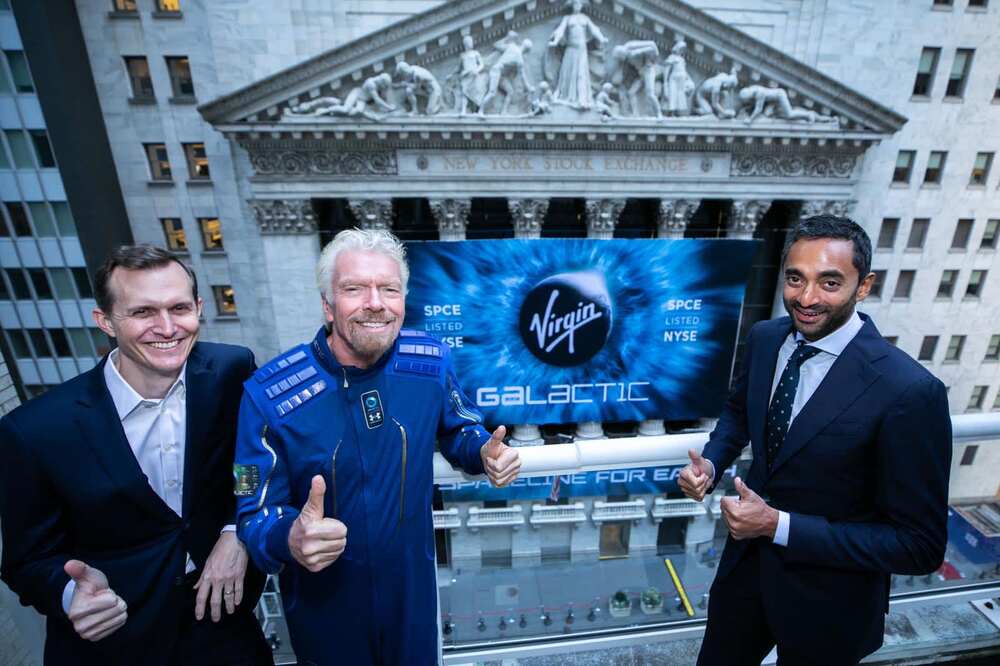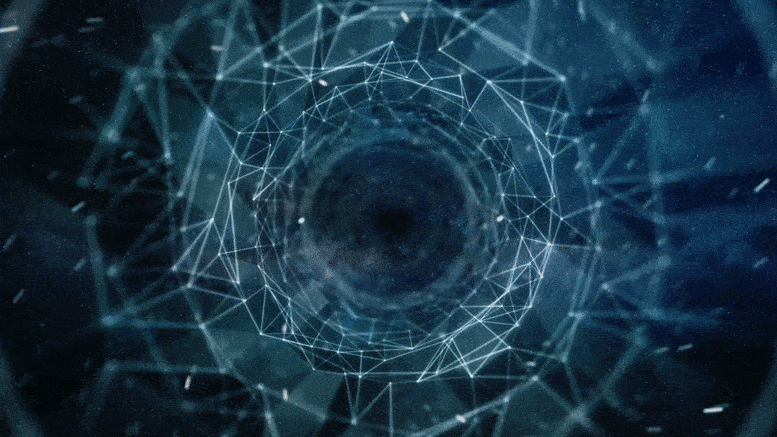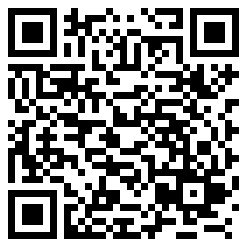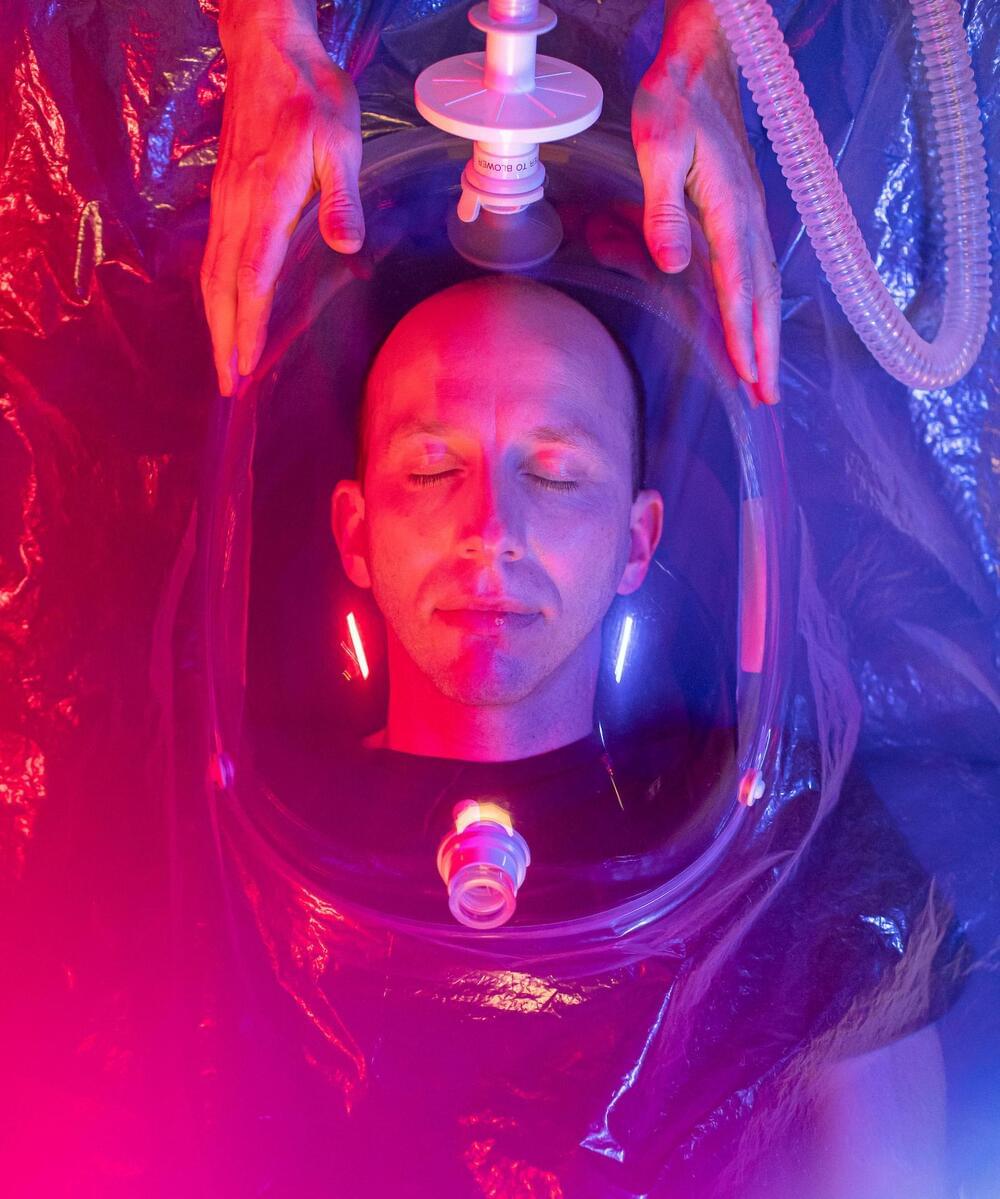Turlock Irrigation District (TID) has announced Project Nexus, a pilot project to build solar panel canopies over a portion of TID’s existing canals to operate and research how water-plus-energy can meet California’s needs for climate resiliency.
The Project Nexus could contribute to a more water resilient future for California and position the State to meet its ambitious clean energy goals. The Project will assess the reduction of water evaporation resulting from mid-day shade and wind mitigation; improvements to water quality through reduced vegetative growth; reduction in canal maintenance through reduced vegetative growth; and generation of renewable electricity.
The inspiration for Project Nexus comes from the concept presented in a recent study conducted by researchers at the University of California, Merced, and UC Santa Cruz, which found many advantages to mounting solar panels over open water canals. The study showed that covering the approximately 4,000 miles of California canals could save 63 billion gallons of water annually. This amount of water could be used to irrigate 50,000 acres of farmland or meet the residential water needs of more than 2 million people.



